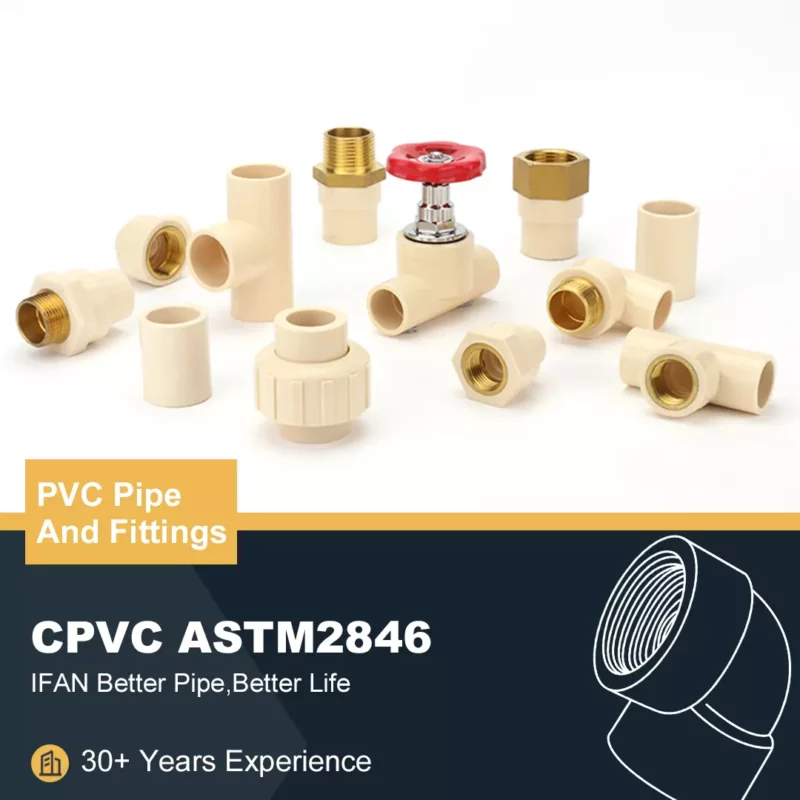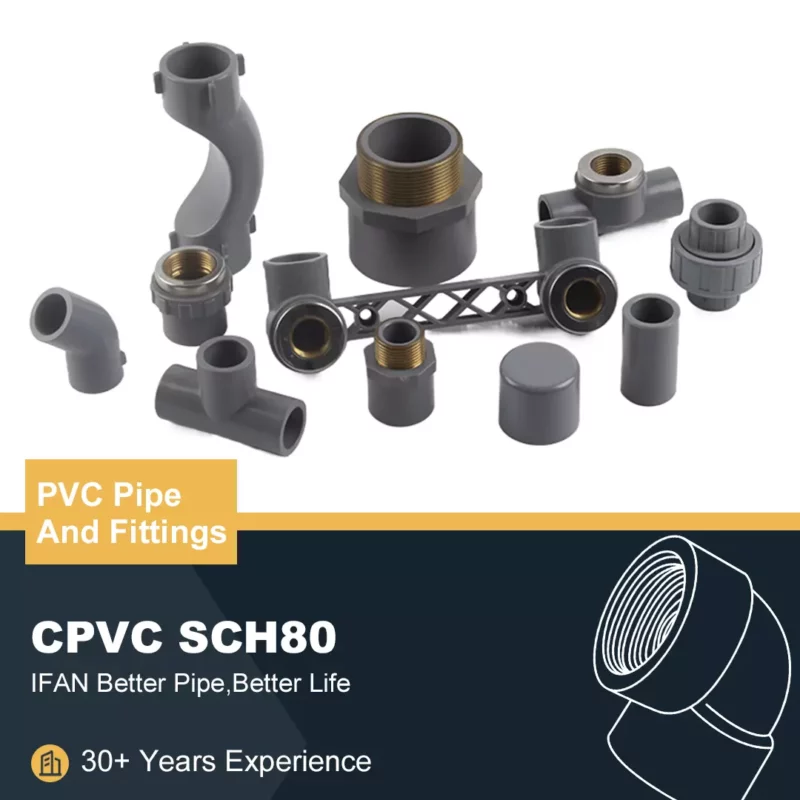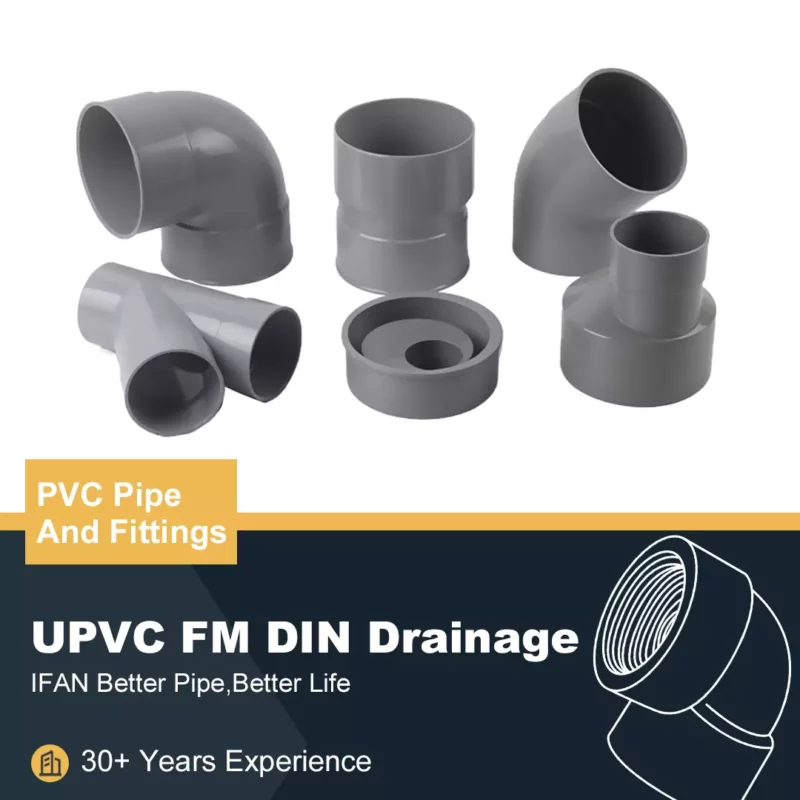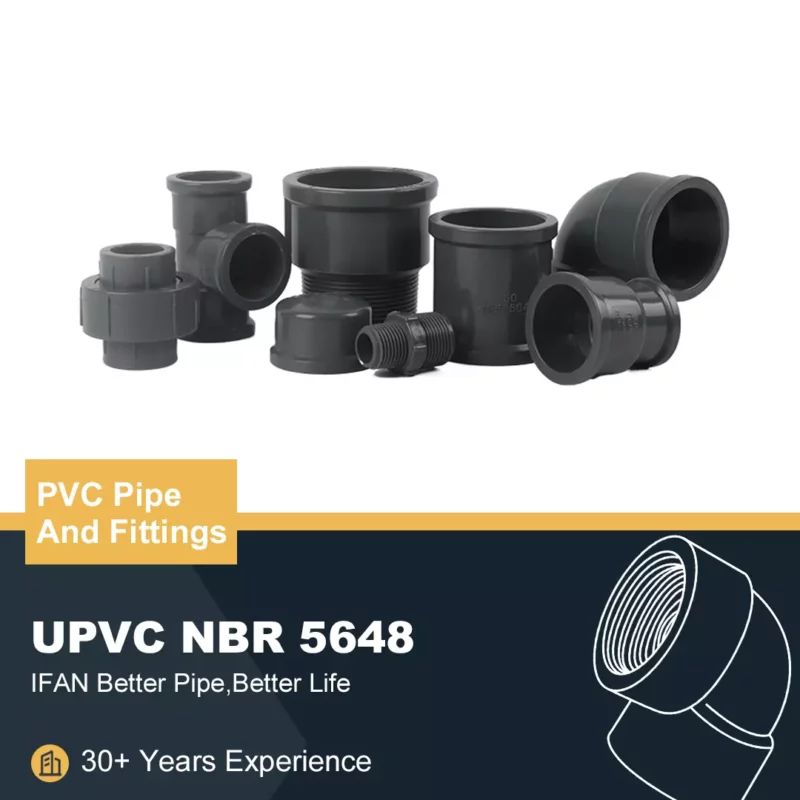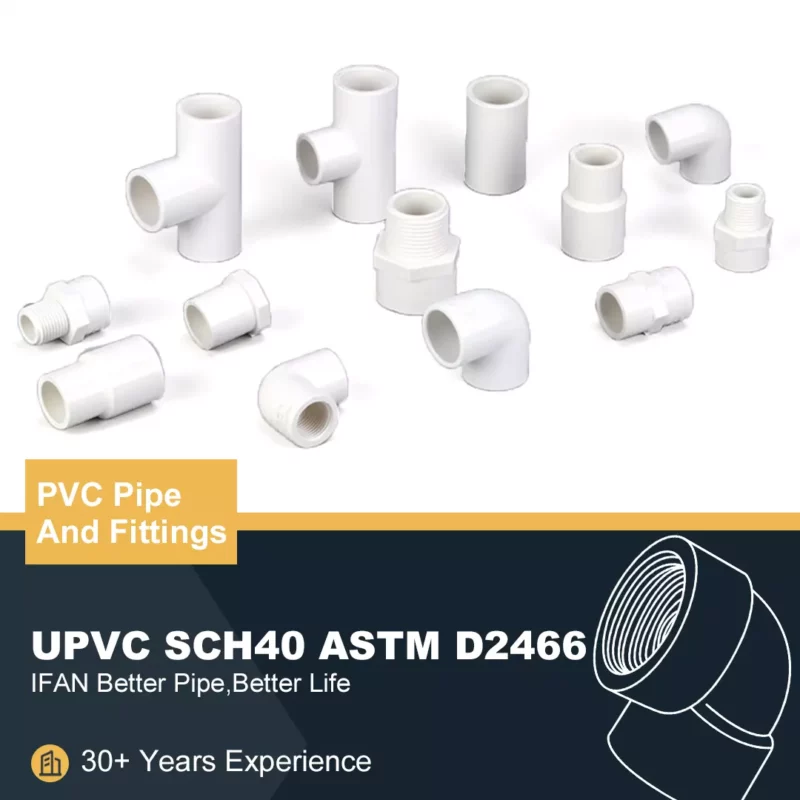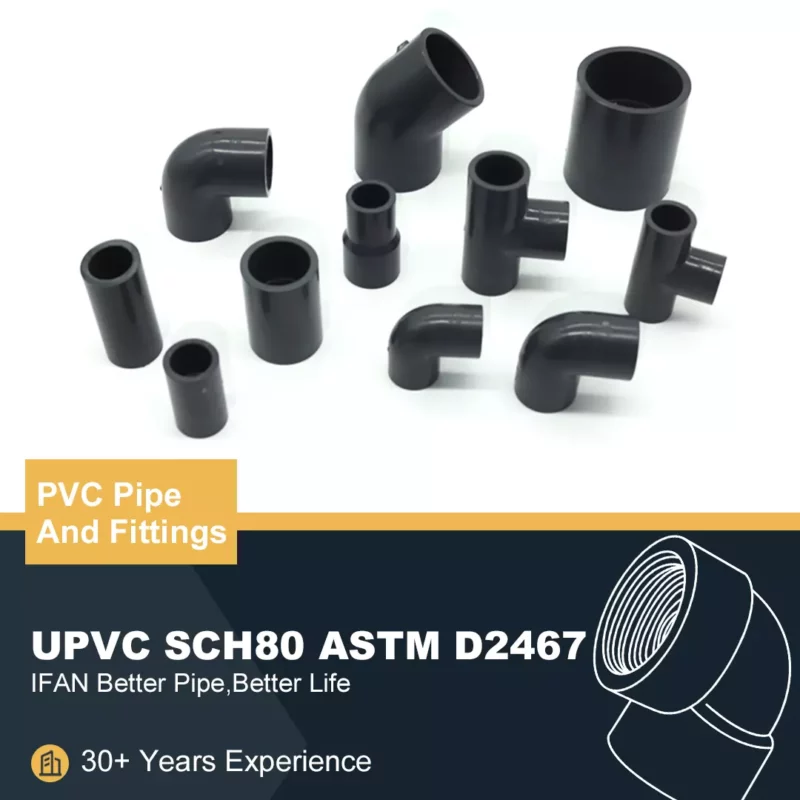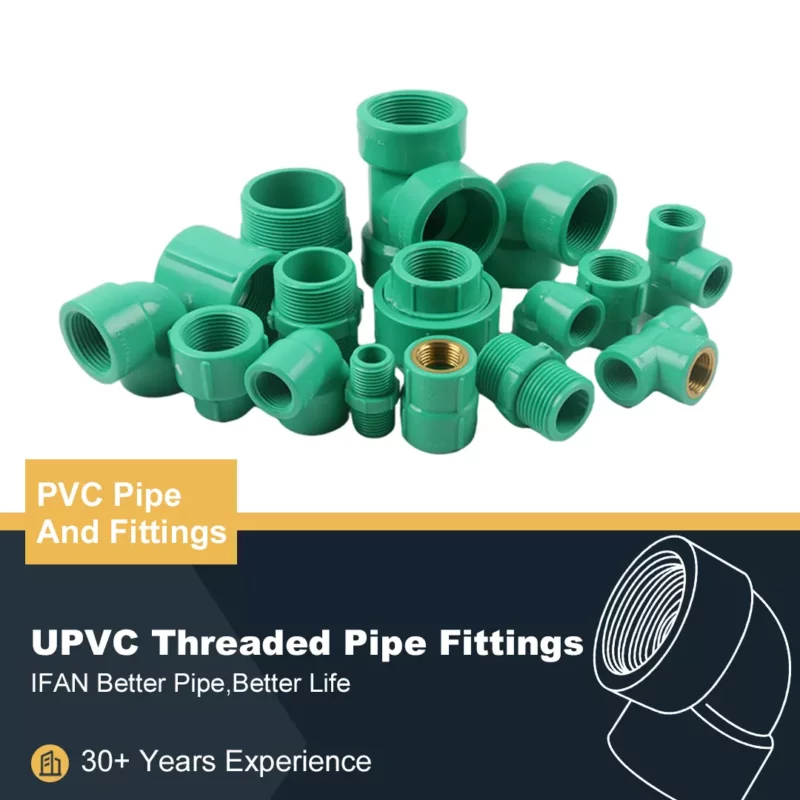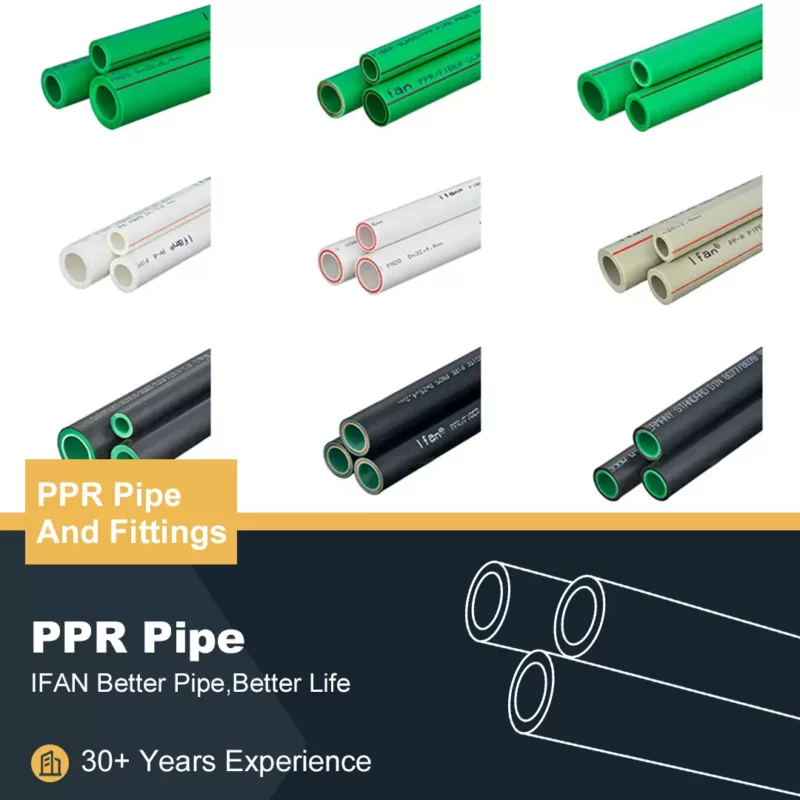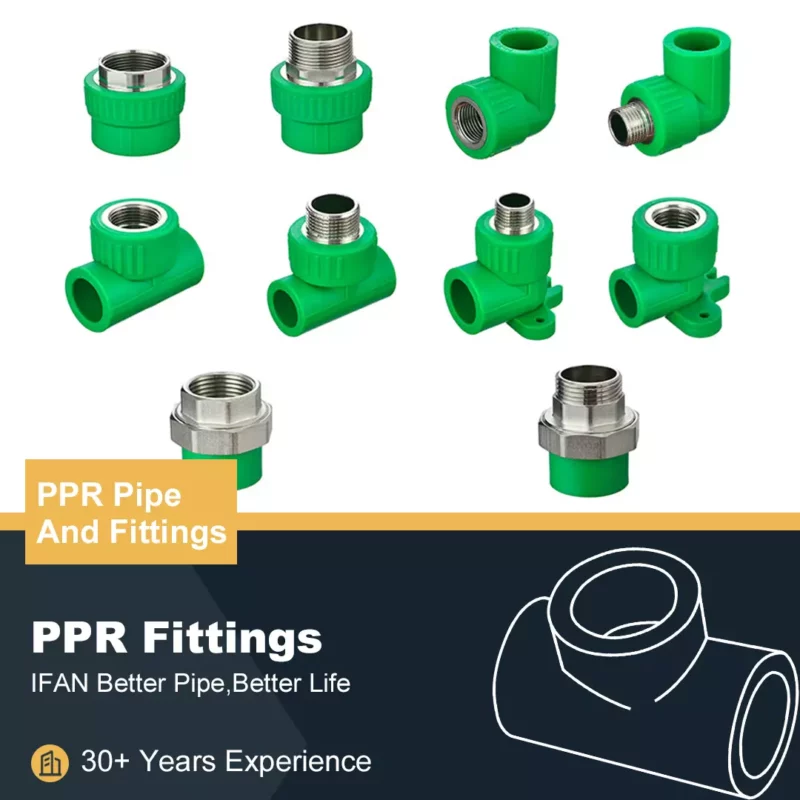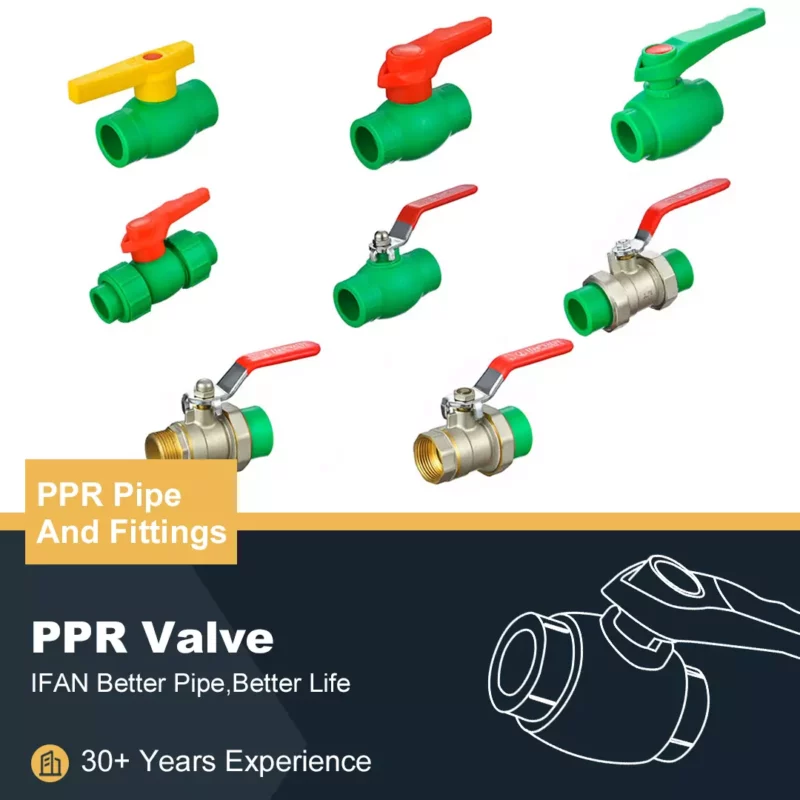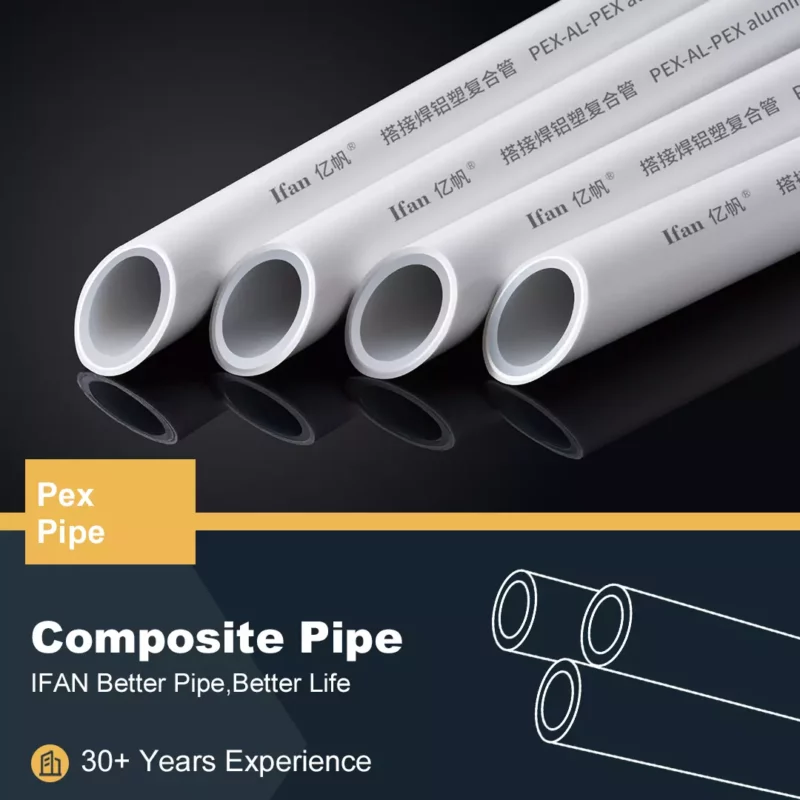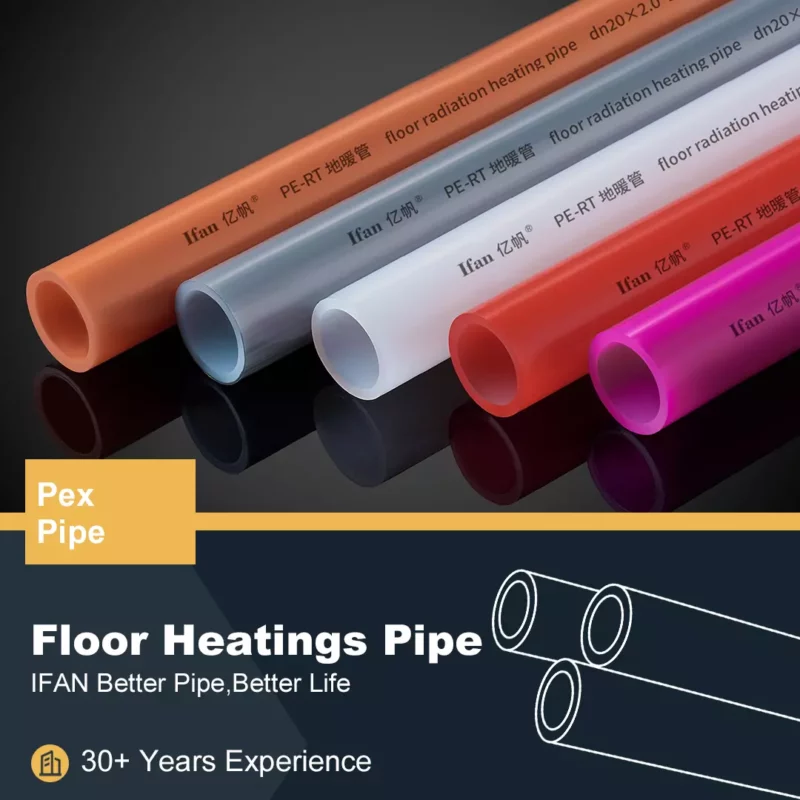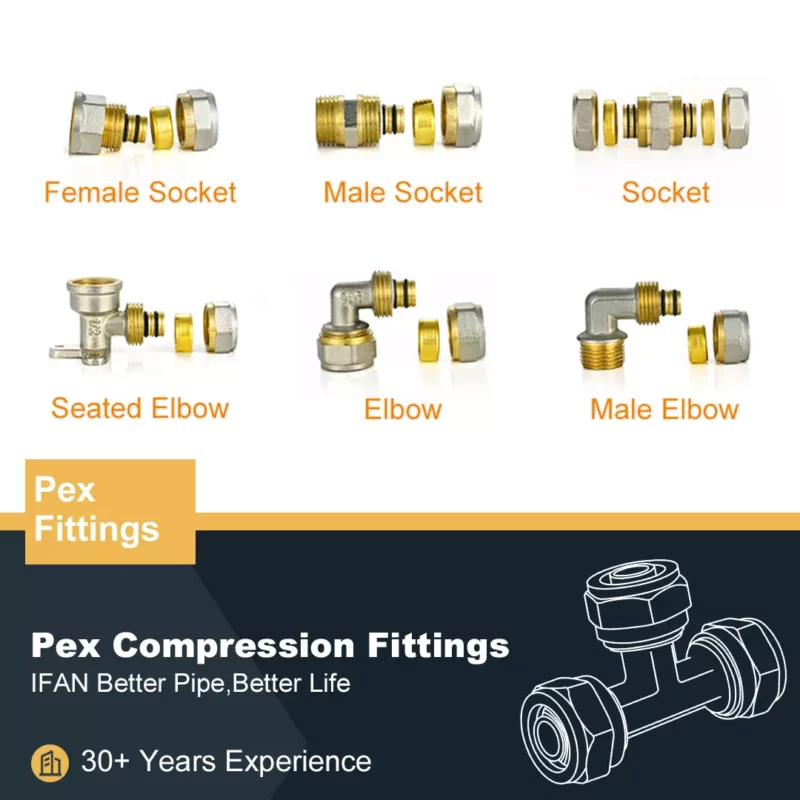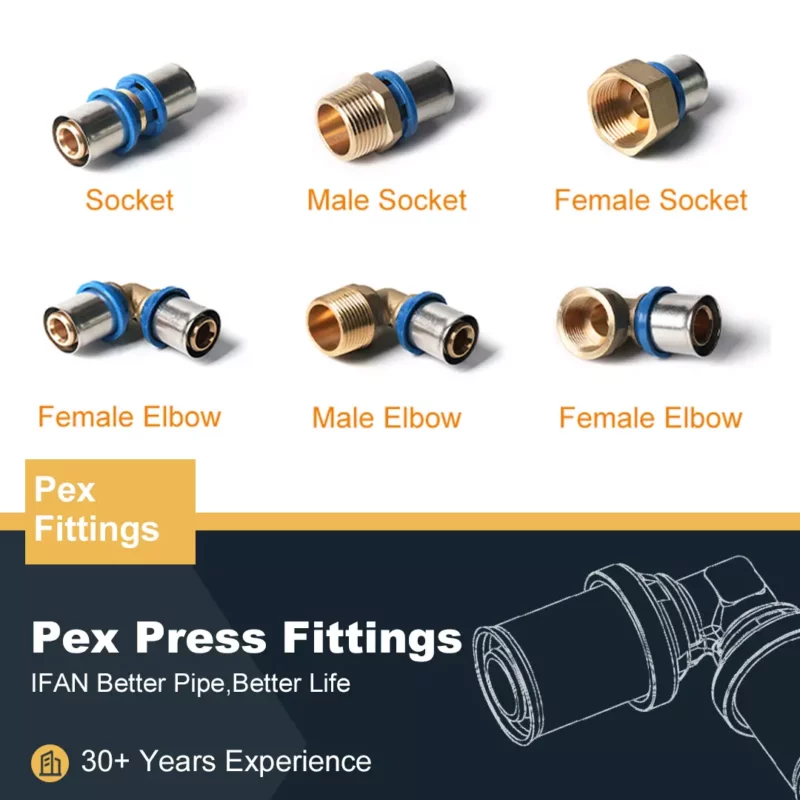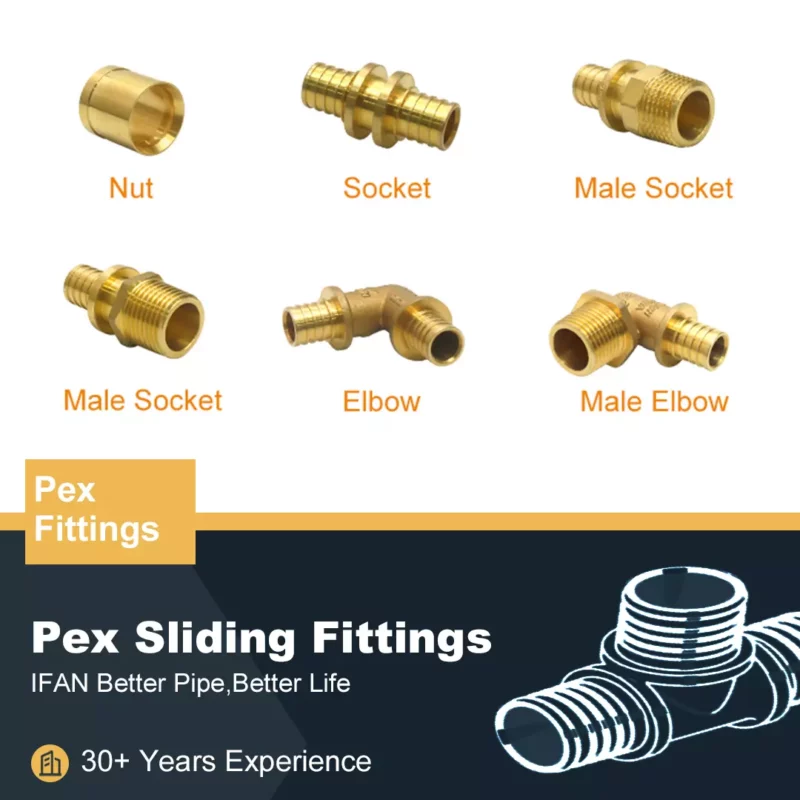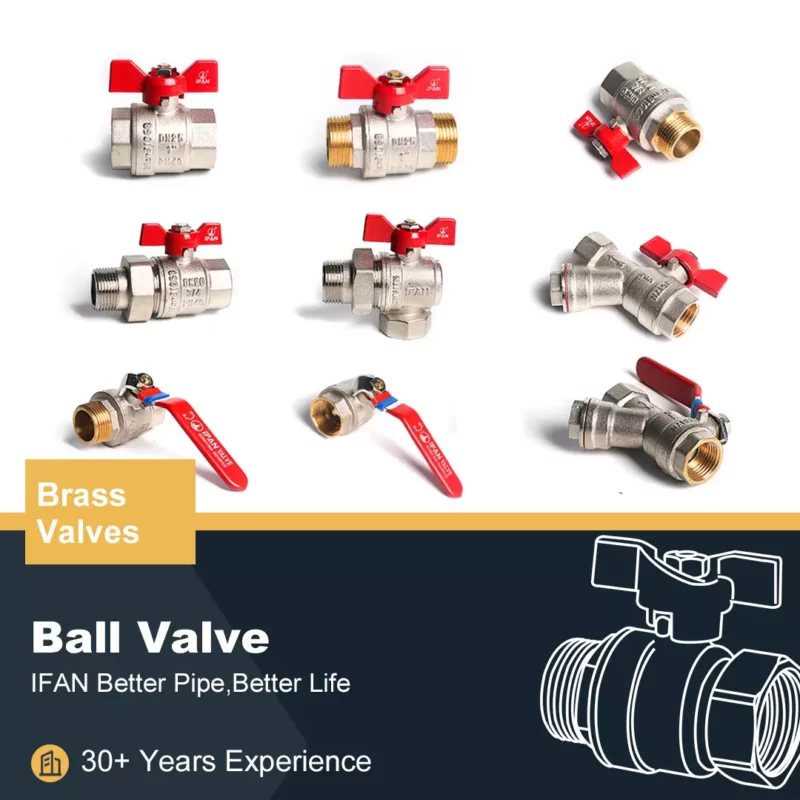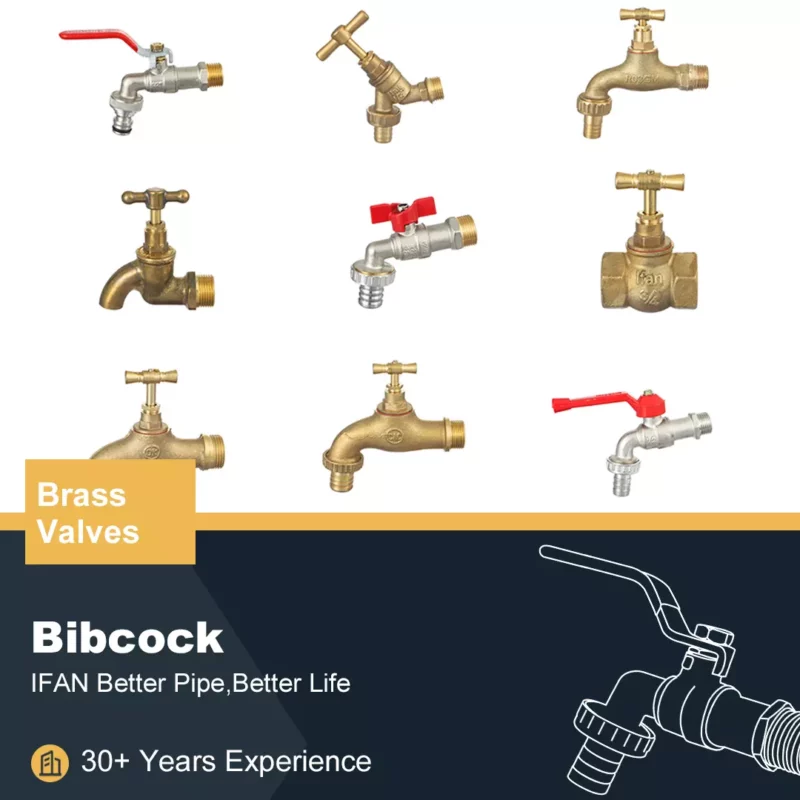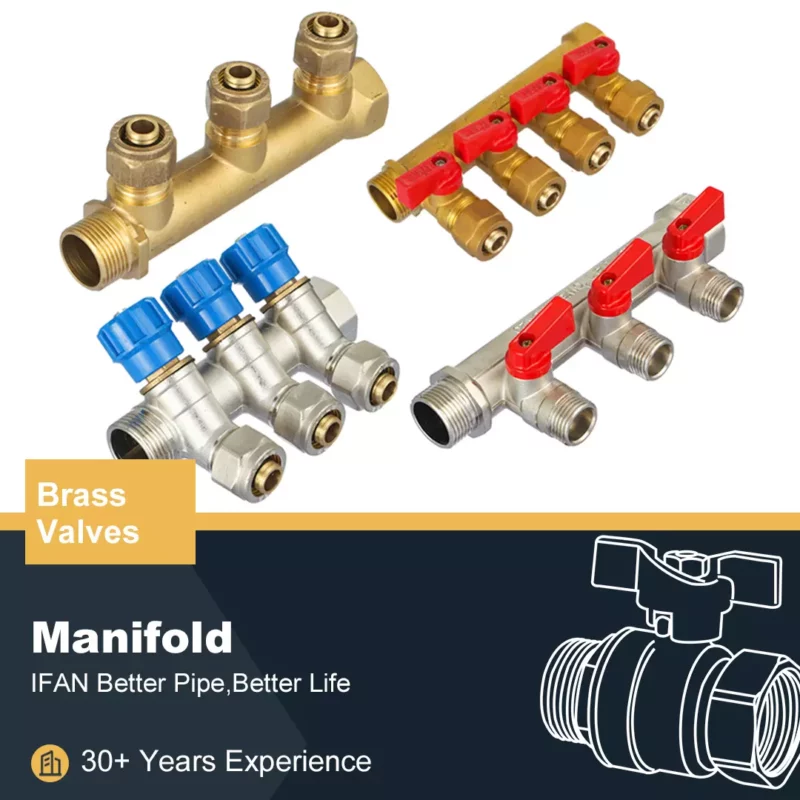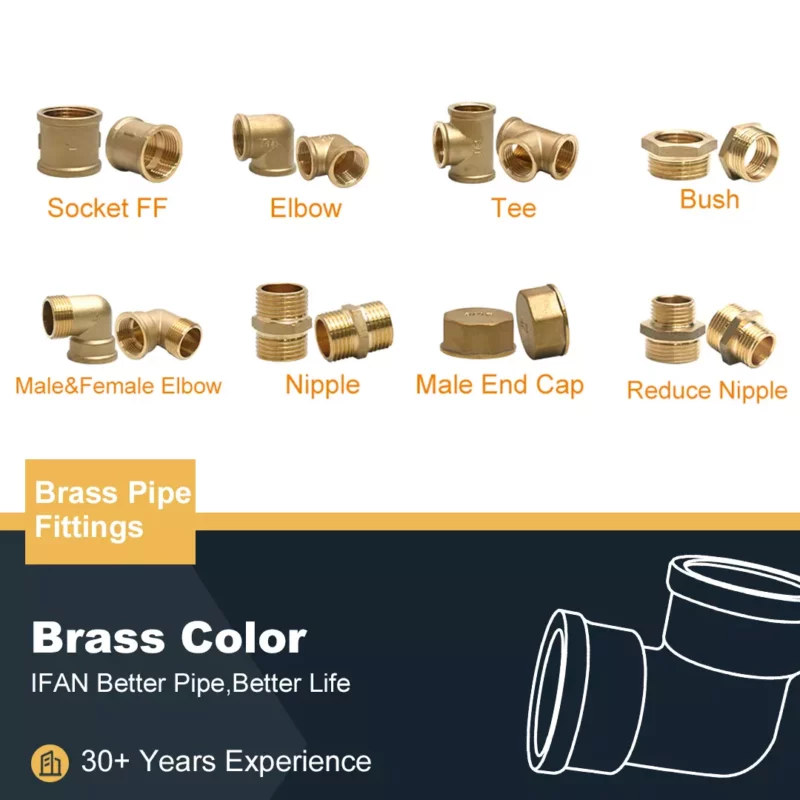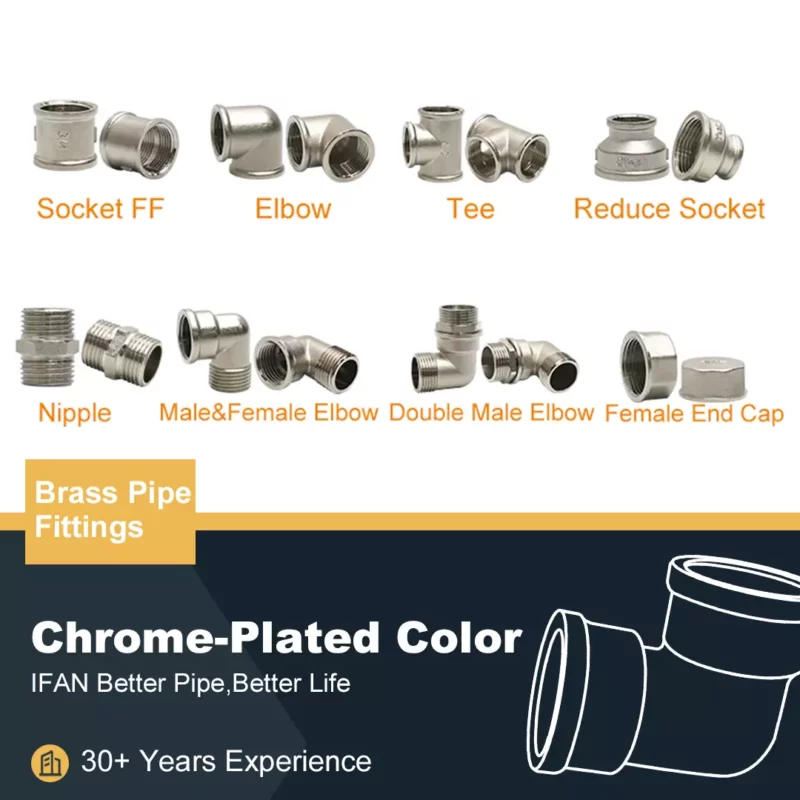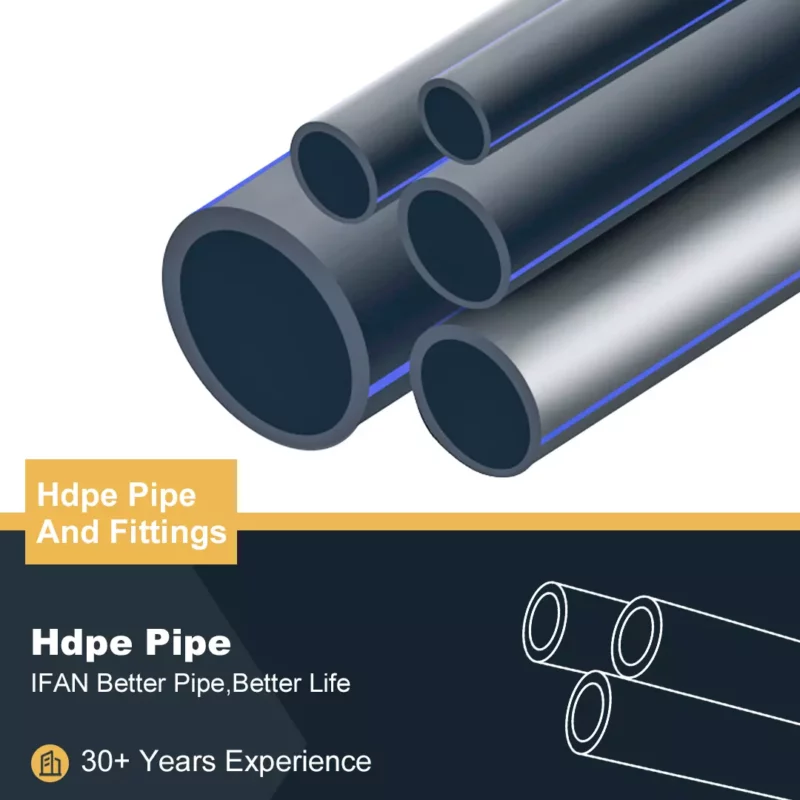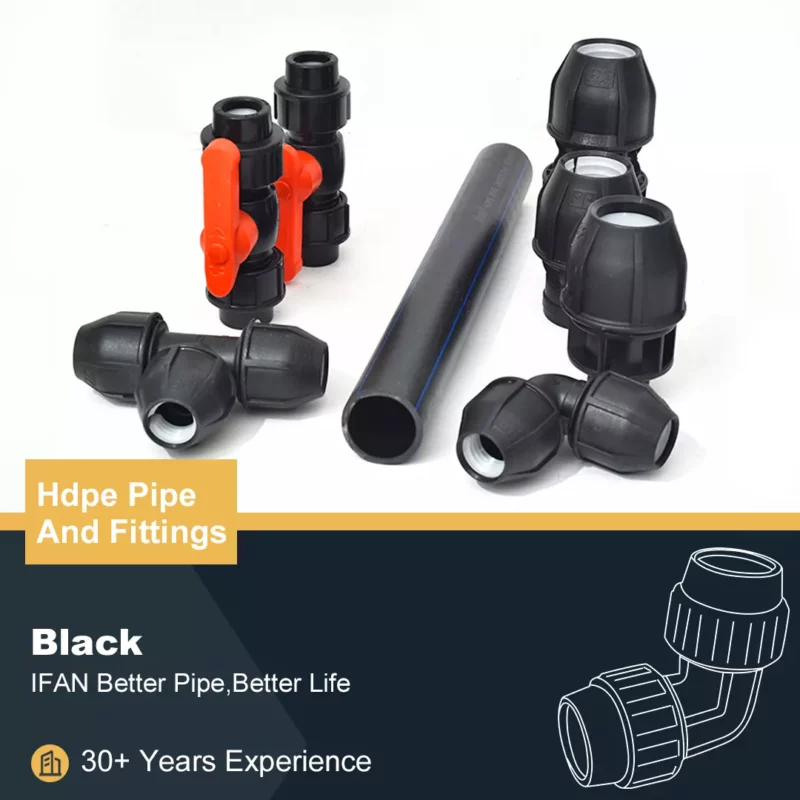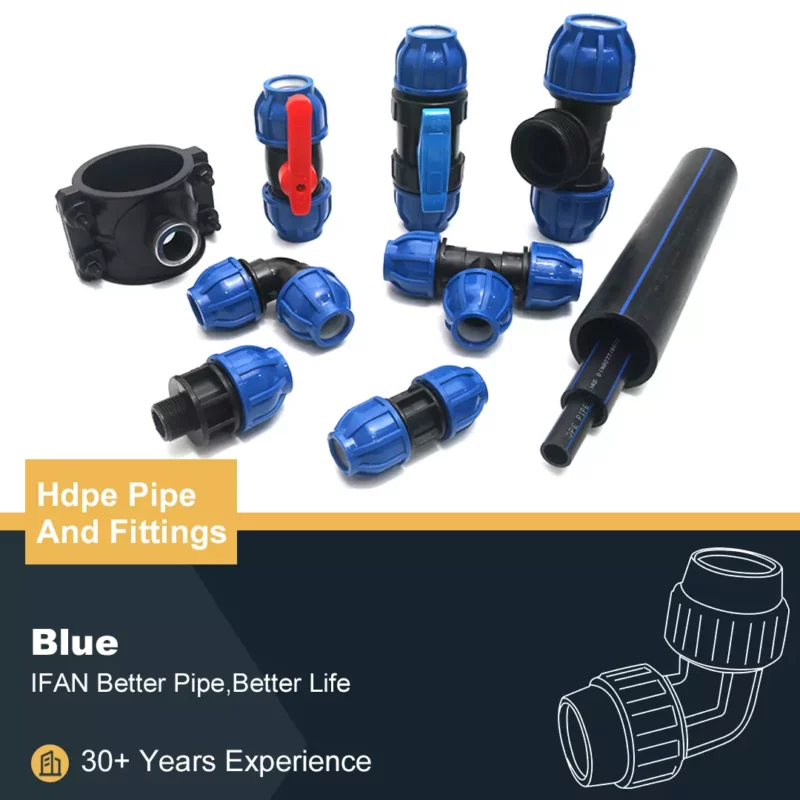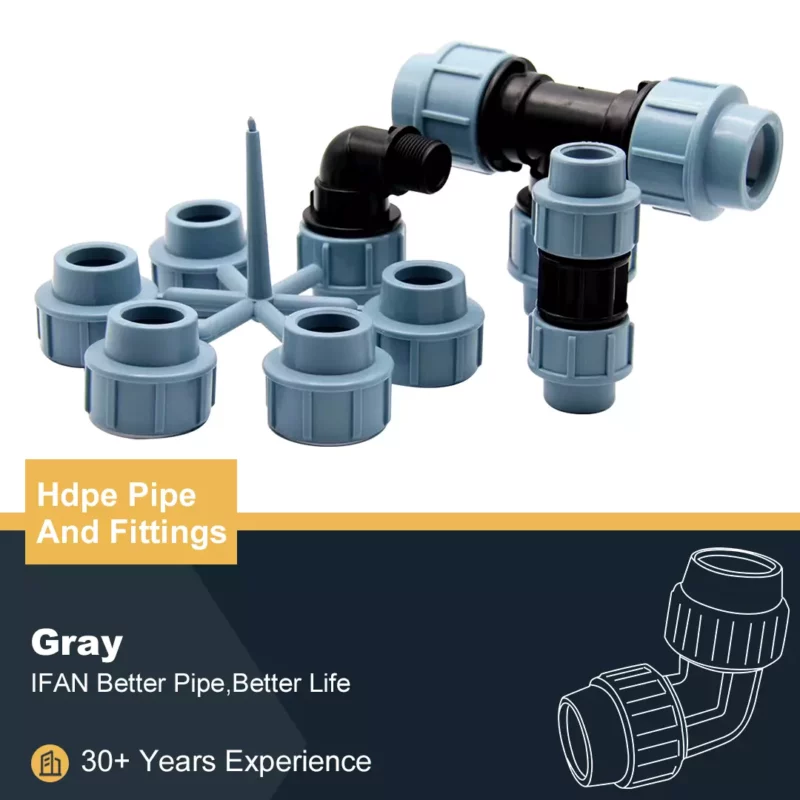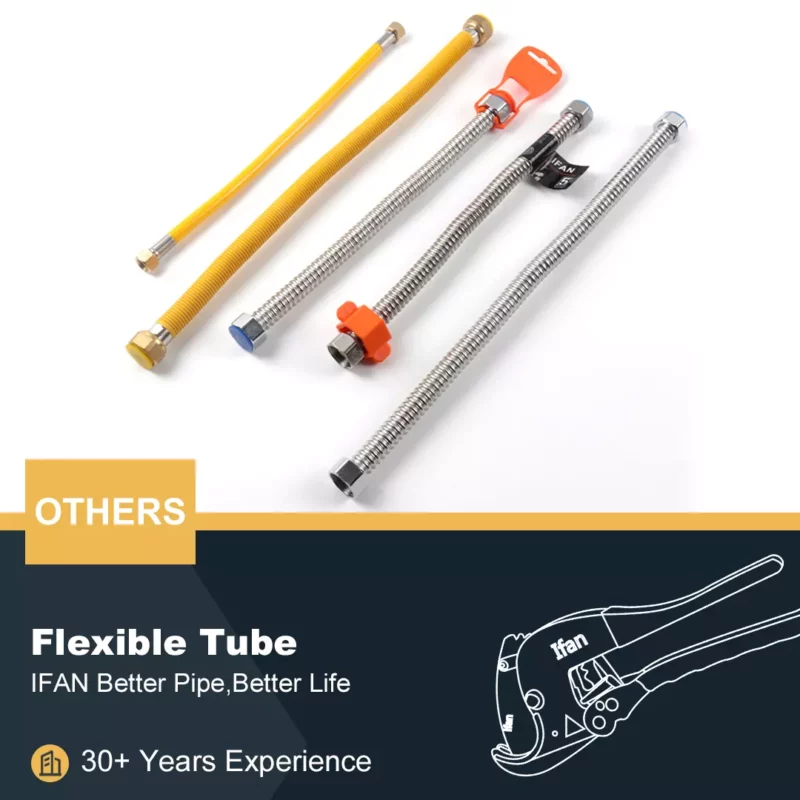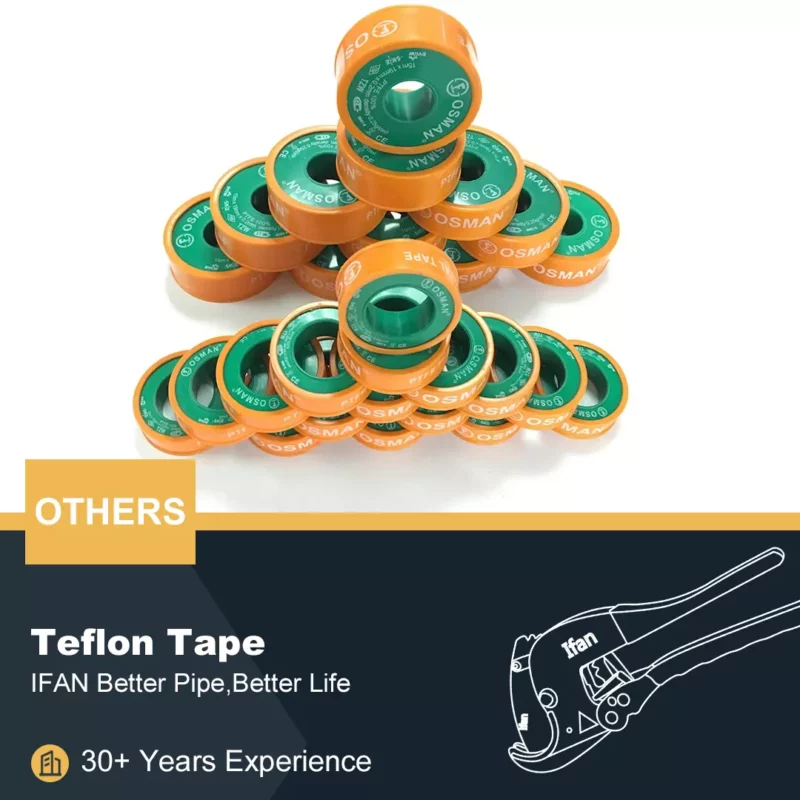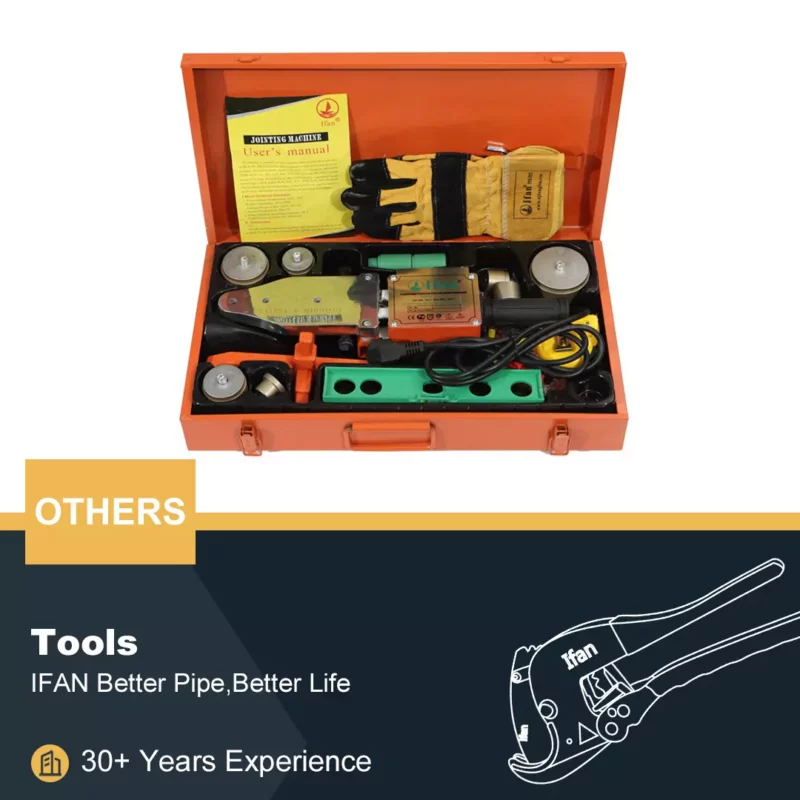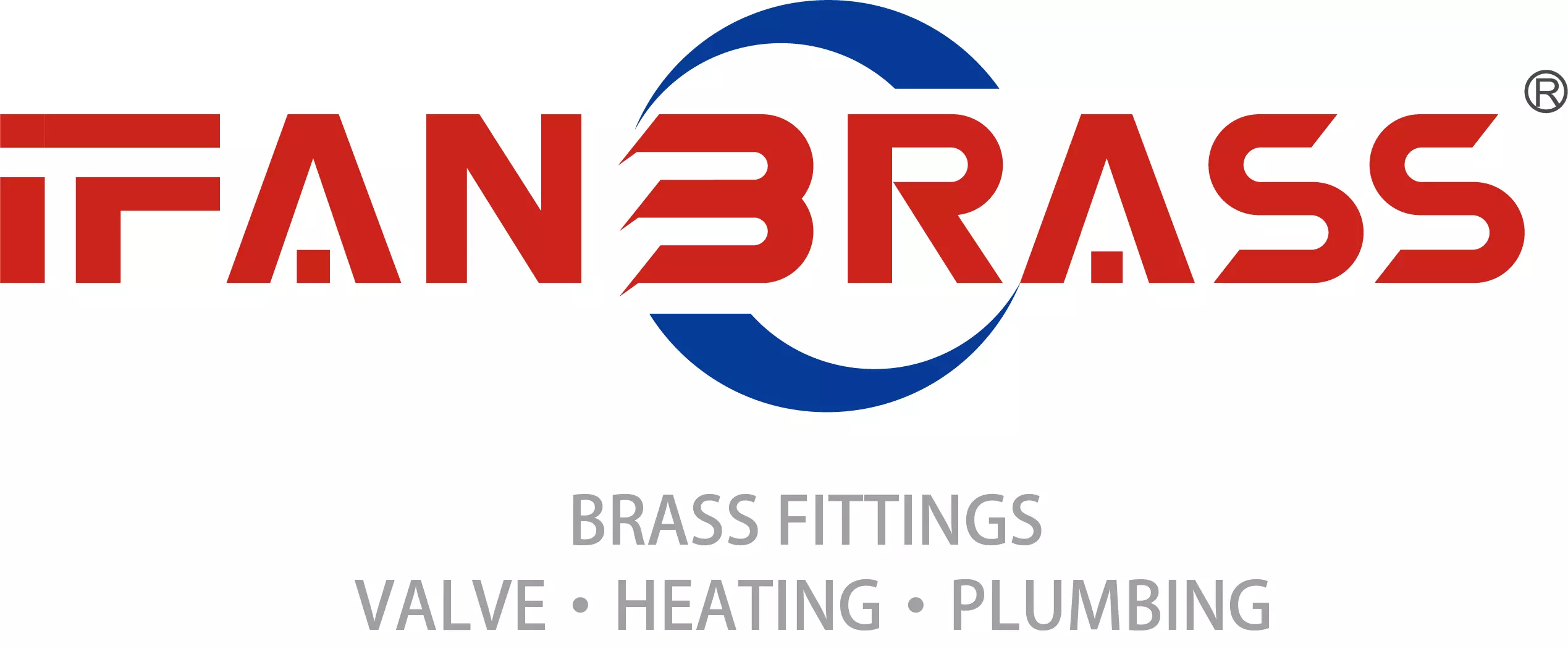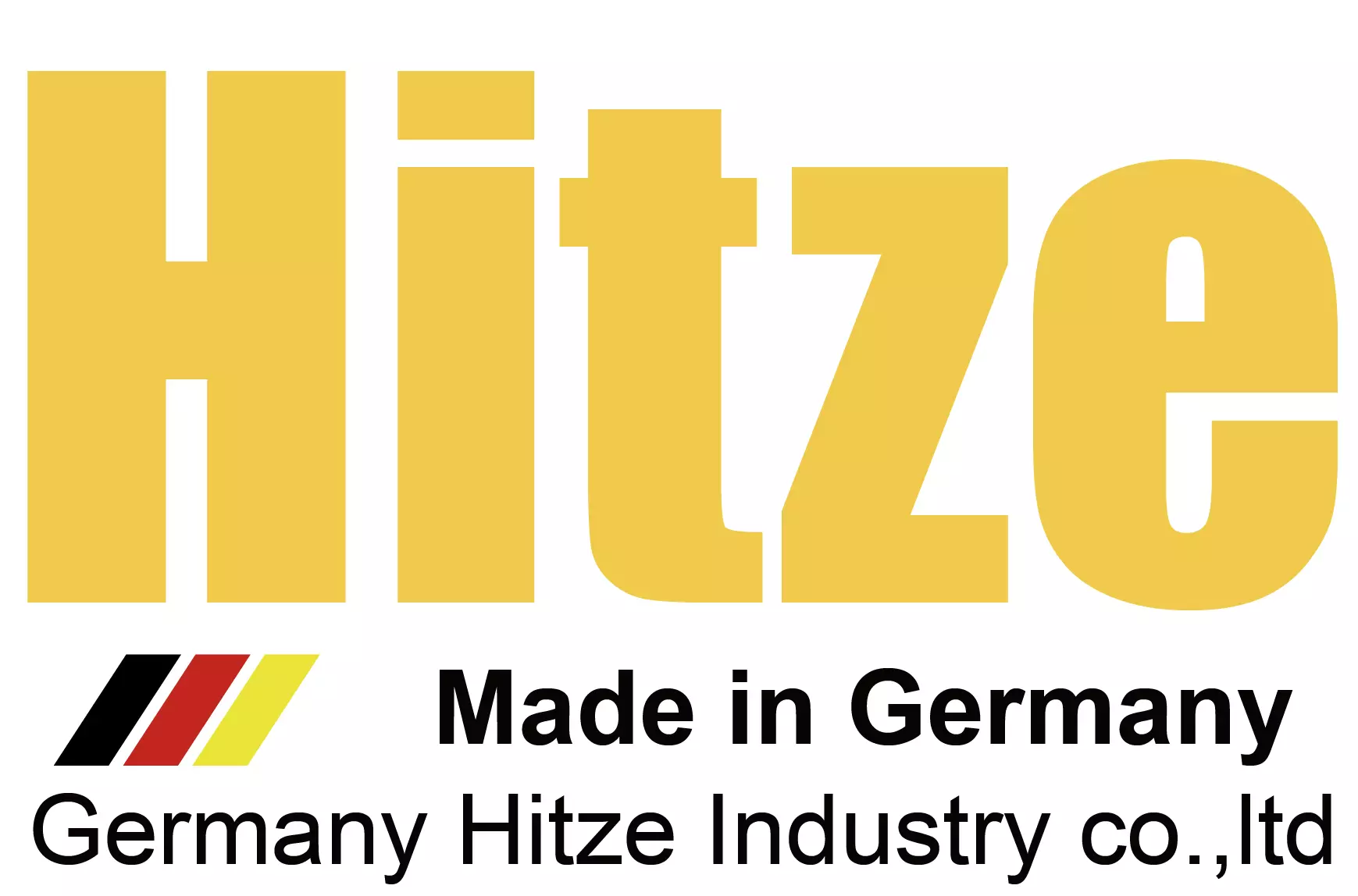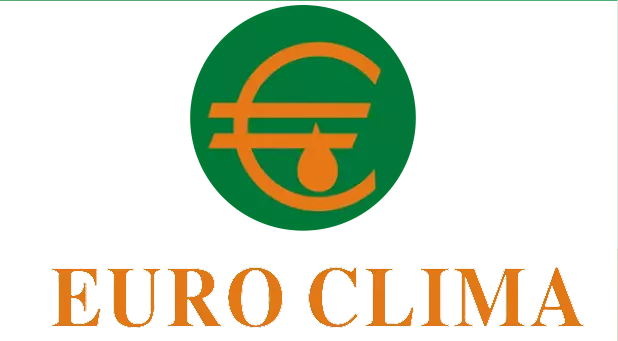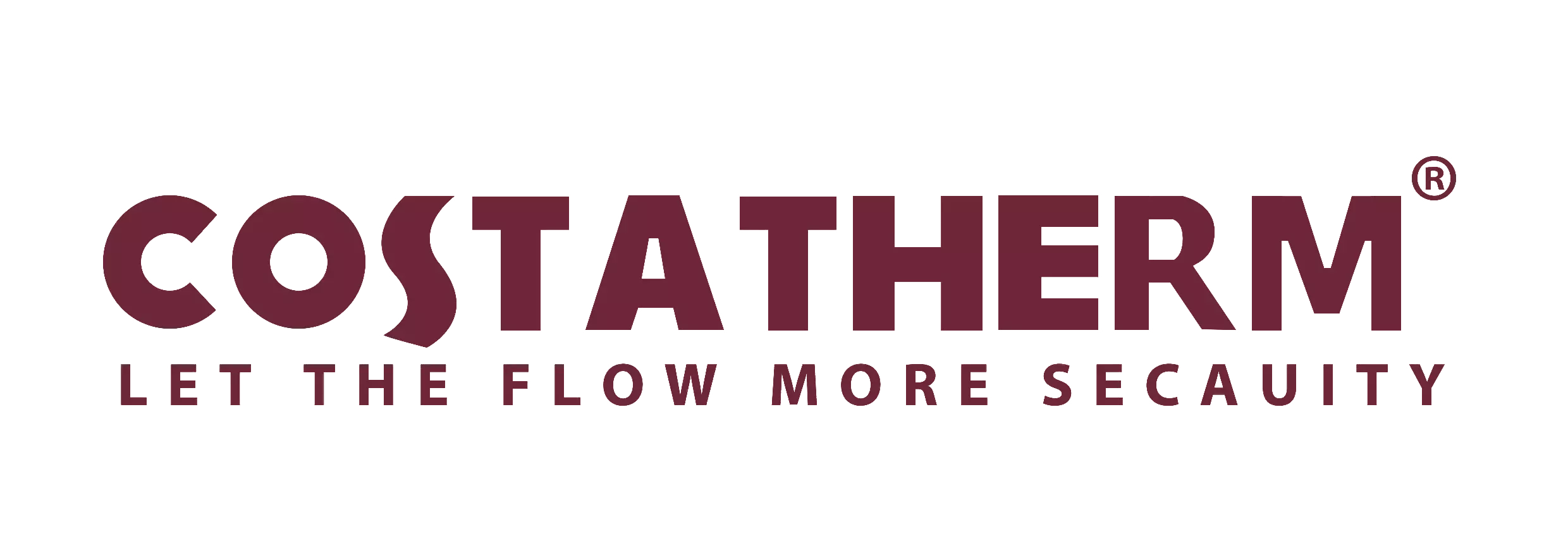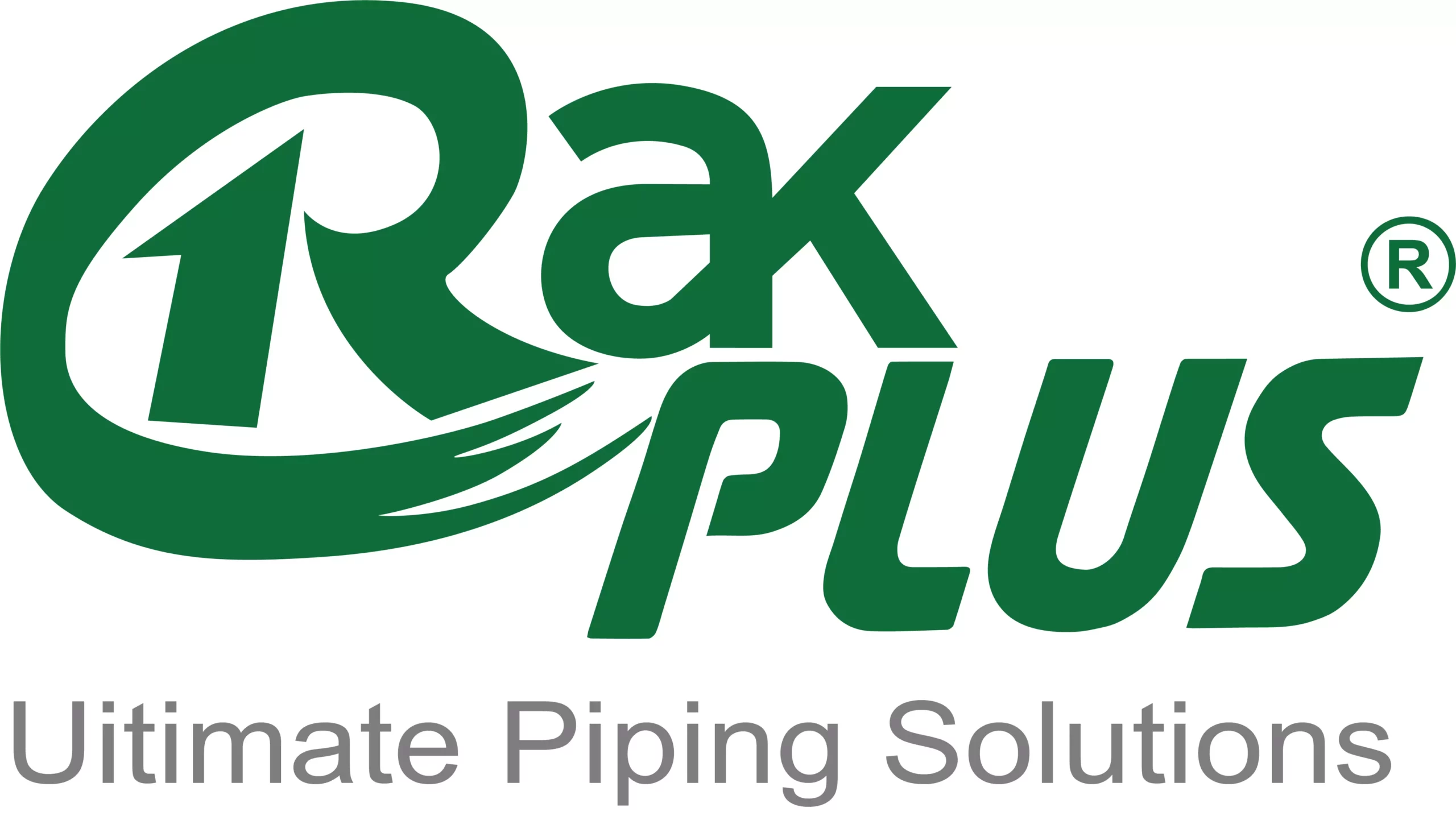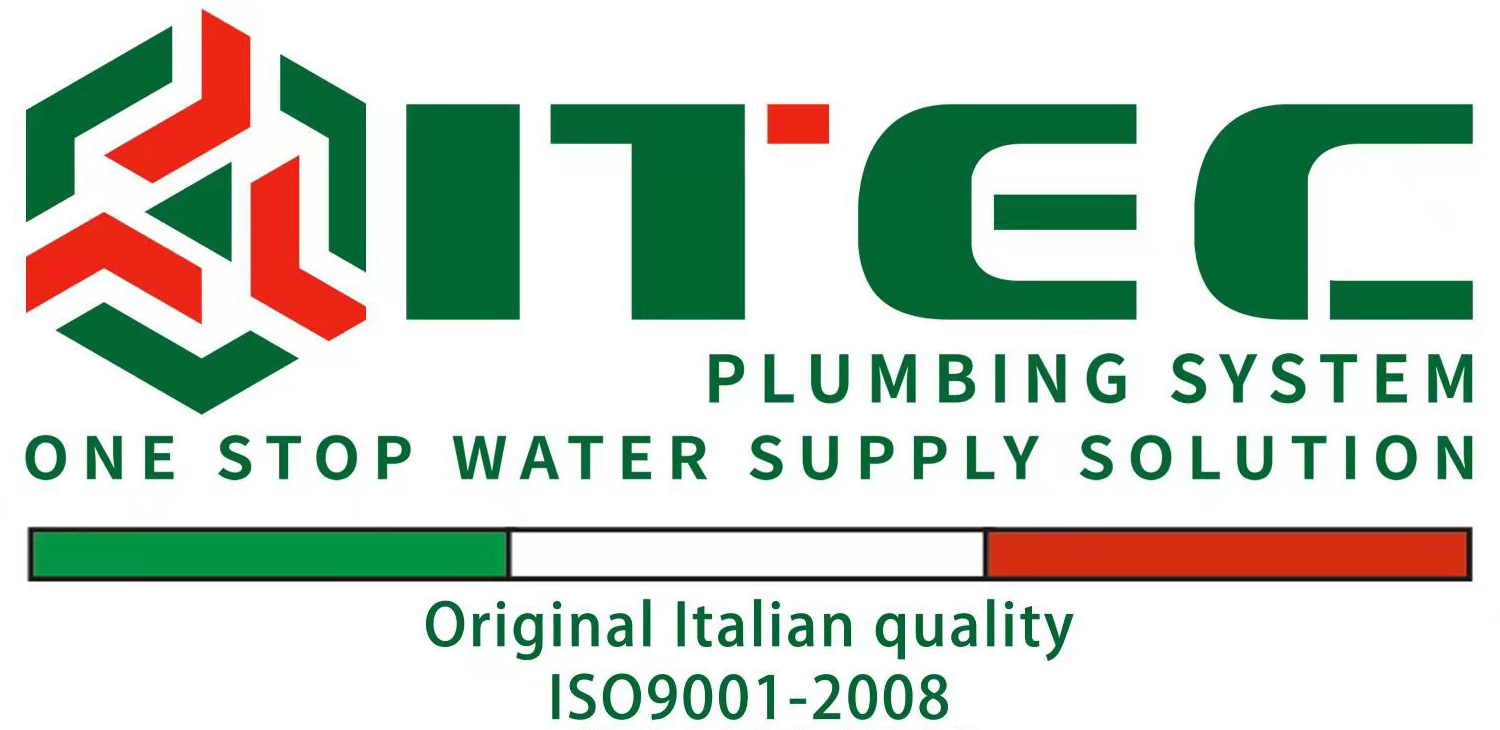PPR fittings are increasingly popular in plumbing and irrigation systems. One of their standout features is their excellent corrosion resistance. This property makes them a reliable choice for various applications. Understanding the corrosion resistance of PPR fittings is essential for informed decision-making in material selection.
What is Corrosion Resistance?
Corrosion resistance refers to a material’s ability to withstand deterioration due to environmental factors. Common corrosive agents include water, chemicals, and various gases. For plumbing applications, materials must resist these agents to ensure longevity. PPR, or polypropylene random copolymer, excels in this area.
Unlike metal fittings, PPR fittings do not rust or corrode. This characteristic is crucial in environments exposed to moisture and chemicals. For instance, in chemical processing plants, they can safely transport corrosive liquids without degrading. This resistance extends the lifespan of the fittings and reduces replacement costs.
Advantages Over Metal Fittings
PPR fittings offer several advantages over traditional metal fittings. First, they are inherently resistant to rust. Metal fittings often corrode when exposed to moisture, leading to leaks and failures. PPR’s corrosion resistance eliminates this concern, ensuring a more reliable system.
Additionally, they are not susceptible to pitting corrosion. Pitting occurs when localized corrosion creates small holes in metal surfaces. This type of corrosion can compromise the integrity of a system. PPR fittings, however, maintain their structural integrity over time, providing peace of mind for users.
Applications in Plumbing Systems
The corrosion resistance of PPR fittings makes them ideal for plumbing systems. In residential applications, these fittings ensure safe water delivery without contamination. For example, in areas with hard water, they will not corrode, unlike metal alternatives that can leach harmful substances.
In commercial settings, they are equally beneficial. In hotels and restaurants, these fittings maintain water quality, essential for food safety. Their ability to resist corrosion ensures that the water remains clean and safe for consumption. This feature is crucial for maintaining high health standards.
Use in Agricultural Irrigation
Agricultural applications also benefit from the corrosion resistance of them. In irrigation systems, water often contains fertilizers and chemicals. Traditional metal fittings may corrode due to these substances. However, PPR fittings resist chemical degradation, ensuring longevity in the field.
For example, a farmer using PPR fittings can distribute water mixed with fertilizers without worrying about corrosion. This durability allows for consistent irrigation practices, promoting healthy crop growth. In regions with varying water qualities, PPR fittings provide a reliable solution for irrigation needs.
Resistance to Temperature Fluctuations
PPR fittings also exhibit corrosion resistance under varying temperature conditions. They can withstand both high and low temperatures without degrading. This property is particularly beneficial in applications with extreme temperature variations.
For instance, in HVAC systems, they maintain their integrity even under high-temperature water flow. Metal fittings may weaken or corrode over time when exposed to heat. PPR’s resilience ensures that plumbing systems remain functional and efficient.
Impact on Maintenance Costs
The corrosion resistance of them significantly reduces maintenance costs. Since they do not corrode, there is less need for frequent replacements. This longevity translates into lower overall expenses for both residential and commercial users.
In industrial applications, reduced maintenance means increased productivity. Workers can focus on their tasks instead of managing plumbing issues. For example, in a manufacturing facility, reliable plumbing ensures smooth operations, minimizing downtime.
Environmental Considerations
The use of corrosion-resistant materials like PPR fittings also supports environmental sustainability. By reducing the frequency of replacements, less waste is generated. Additionally, PPR is a recyclable material, making it an eco-friendly choice.
For example, in a city’s water distribution system, using PPR fittings minimizes environmental impact. Less waste means reduced landfill use, contributing to a greener planet. This sustainability aligns with modern practices focusing on environmental responsibility.
Longevity and Reliability
The longevity of them is closely tied to their corrosion resistance. Users can expect these fittings to last for many years without degradation. This reliability is essential for both residential and commercial applications.
For instance, in a high-rise building, they can provide consistent water service for decades. Homeowners benefit from fewer plumbing issues, while building managers enjoy lower maintenance costs. This durability is a significant selling point for PPR fittings in the market.
IFAN International Standard for PPR Tubing
IFAN recognizes several important standards for PPR (polypropylene random copolymer) piping systems to ensure their quality and performance. These include ISO 15874 and EN 15874, which set international standards for PPR pipes and fittings; ASTM F2389, which specifies requirements for PPR pipes used in pressure applications; DIN 8077/8078, which provides specifications for PPR pipes and fittings in Germany; GB/T 18742, which covers PPR pipes in China; and NBR 15884, which outlines standards for PPR pipes and fittings in Brazil. These standards collectively ensure that PPR products meet rigorous global quality and performance criteria.
Conclusion
The corrosion resistance of PPR fittings makes them an ideal choice for various applications. Their ability to withstand environmental factors ensures longevity and reliability. In plumbing, agricultural, and industrial settings, they provide essential benefits.
By offering advantages over traditional metal fittings, they enhance system performance. Their resistance to rust and pitting corrosion eliminates common plumbing issues. As awareness of these benefits grows, PPR fittings are becoming a preferred option for many professionals.
Overall, the corrosion resistance of PPR fittings is a key factor in their widespread use. This property not only ensures the integrity of plumbing systems but also contributes to sustainability. Choosing PPR fittings is a smart investment for anyone looking to enhance their plumbing solutions.
If you have read this article and have any questions, please feel free to contact IFAN. Below is our contact information:
Whatsapp:+86 13373827623
Email:[email protected]

